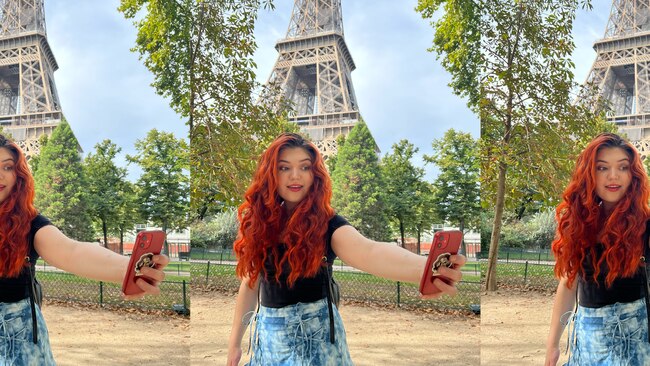Dr TikTok will see you now
Psychologists are encouraged by the fast growth of mental health awareness on social media, but have sternly warned users not to self-diagnose.

Psychologists are encouraged by the fast growth of mental health awareness on social media, but have sternly warned users not to self-diagnose.
Young Australians are flocking to psychologists having already self-diagnosed their illness on TikTok, leaving health practitioners to balance a welcome uptick in mental health awareness with growing fears about an influx of misdiagnoses.
Aspergers, autism, tourettes and ADHD have their own subcultures across TikTok, Instagram and YouTube, helping young people to identify their illnesses, and easing the shame that surrounds them.
READ THE FULL INFLUENCE INDEX HERE
Australian Psychology Society President Tamara Cavenett told The Oz medical practitioners have been encouraged by the fast-growing number of social media users identifying symptoms of their disorders online and seeking professional help.
“There has definitely been a huge increase in mental health awareness, mental health literacy, and a greater acceptance of seeking help and seeing a psychologist,” she said.
"People are seeking treatment or recognising there's a problem and seeing someone, which is hugely positive."
This mental-health savvy generation are proudly wearing previously taboo conditions as a badge of honour - like Ella Watkins, one of Australia’s most-loved influencers, who discovered she had autism just a few months ago after she identified markers through TikTok and then sought a medical diagnosis.
Now, she uses the platform to celebrate her diagnosis alongside 2.7 million followers, and reduce negative stigma surrounding mental illness.
“My parents always knew that I was autistic, but growing up, they never got me evaluated because it was very stigmatised especially in Tasmania where I grew up,” she said. “I used to tell people, ‘If you knew me when I was younger, you probably would have thought that I was autistic’ but it never crossed my mind that I actually was.”
“Growing up I would have needs and then I'd push them down, because I'd see that no one else around me seemed to need those things. It was so validating to discover that those needs were because I had autism."
While Watkins sought a formal diagnosis from medical professionals before determining she had autism, TikTok played a large role in identifying the markers of her disorder.
“I’ve always had this issue with having people in my space. I would invite friends over and I'd be so excited, then suddenly I’d feel panicked and feel like I needed to be alone,” she said. “No one ever understood what I meant and I always felt guilty about it. But on Tiktok, I found out that that in particular is a universally experienced autistic symptom, and it was so validating to know that was why I was the way I was. It was a big ‘Oh my God’ moment.”
Watkins features on The Oz's Influence Index for her short comedy skits, and expertly-created sponsored content with brands such as Uno and Vicks.
But along with an increased awareness of mental health disorders online come concerns from practitioners about misdiagnosis and widespread misinformation.
Cheryl Dissanayake, Chair of the La Trobe University Olga Tennison Autism Research Centre, said it would be “crazy” to self-diagnose on social media without seeking medical assistance, as a lot of symptoms of psychological conditions are common experiences. For example, many people struggle with a short attention span or low levels of anxiety.
“There’s no quality control on platforms like TikTok, or many of the platforms,” she said. “It’s all well and good for someone to identify symptoms themselves, but for a proper diagnosis they need to consult a professional.”
One third of Australian psychologists are currently unable to take new clients, up from one fifth last year due to the crippling mental health “shadow pandemic” caused by Covid-19. Pre-pandemic, only 1 in 100 psychologists were not taking new clients.
Dissanayake said these concerning statistics meant the huge amount of young Australians investigating their mental illness may not be able to seek professional help.
“They may well be seeking professional help, but not getting it because so many diagnosticians have huge waiting lists and often their books are closed,” she said. “It’s a huge barrier to these young people seeking the help they need.”
READ MORE ABOUT THE LIST REVEALING AUSTRALIA'S TOP 100 INFLUENCERS HERE



